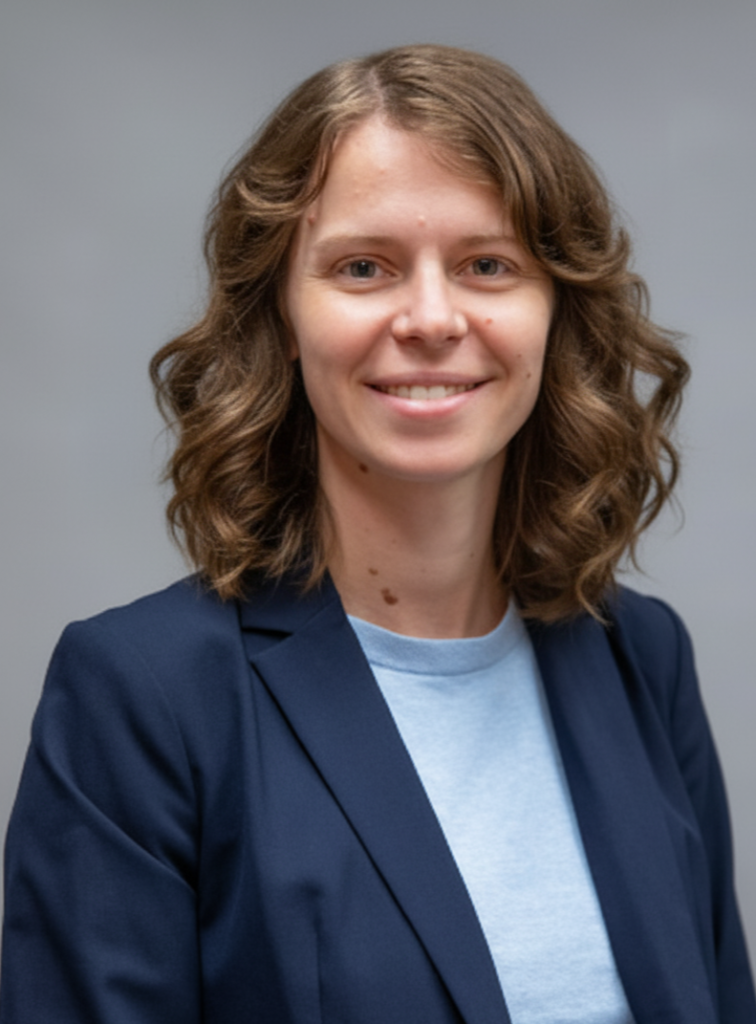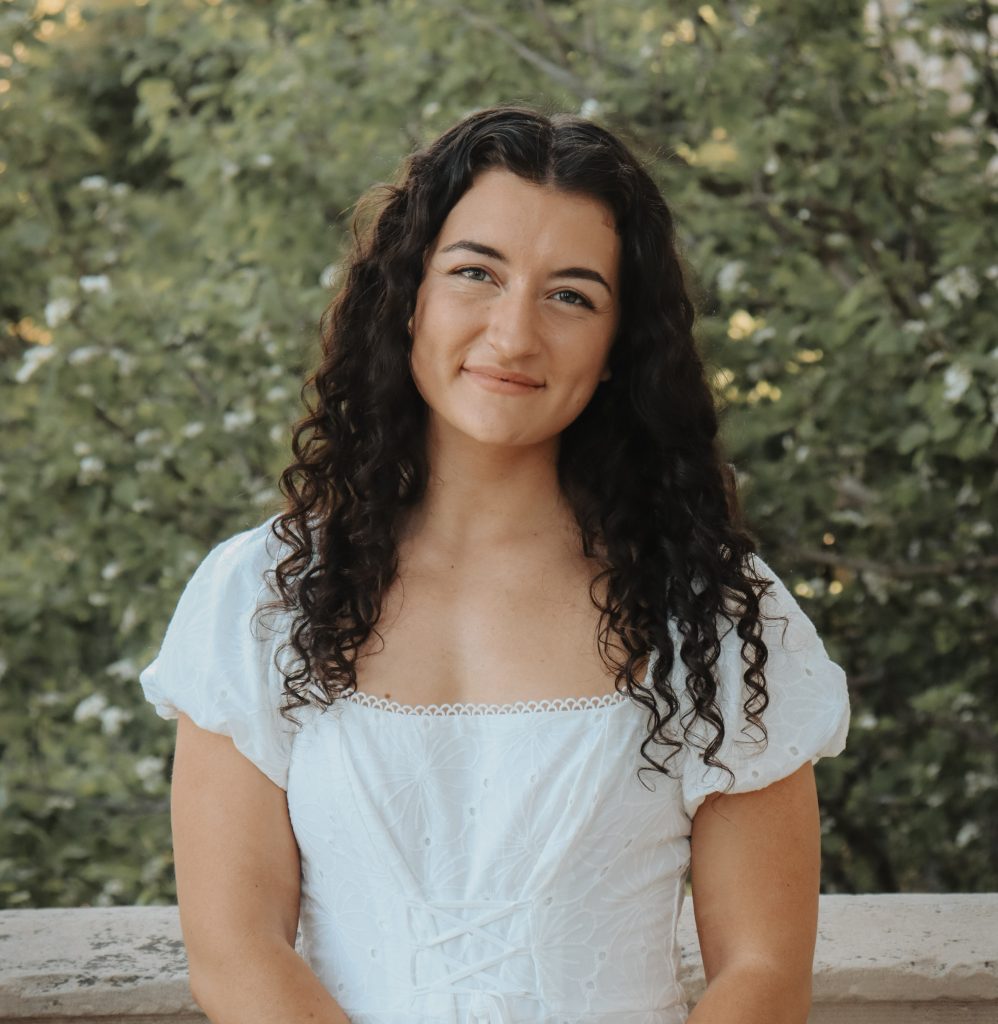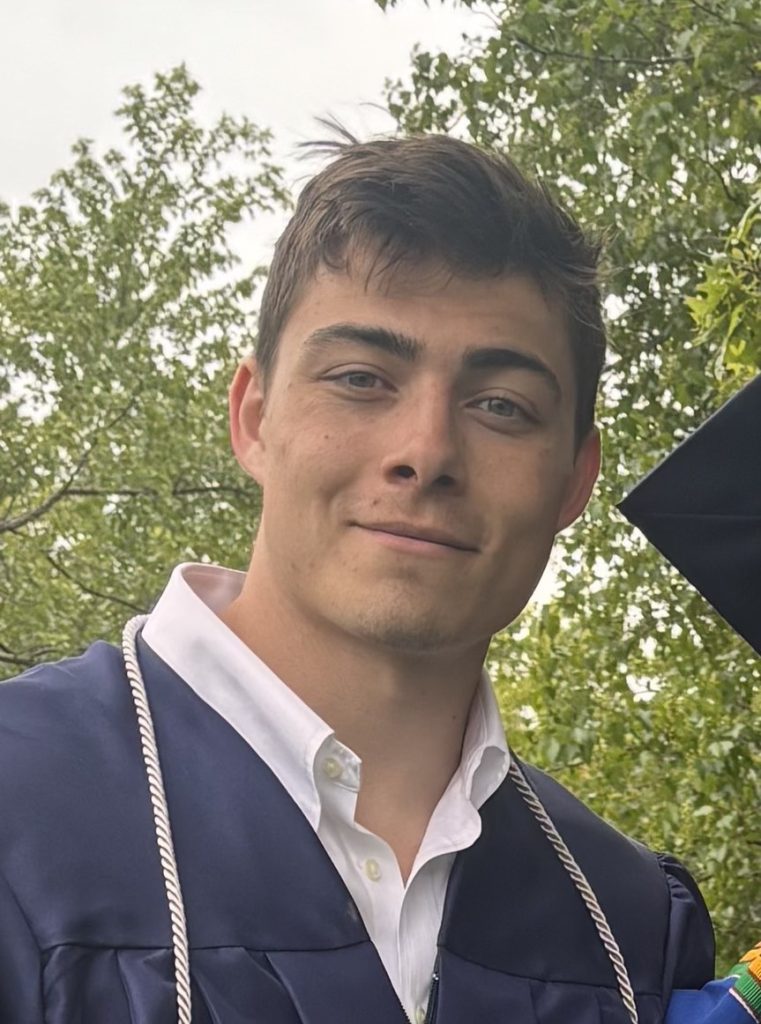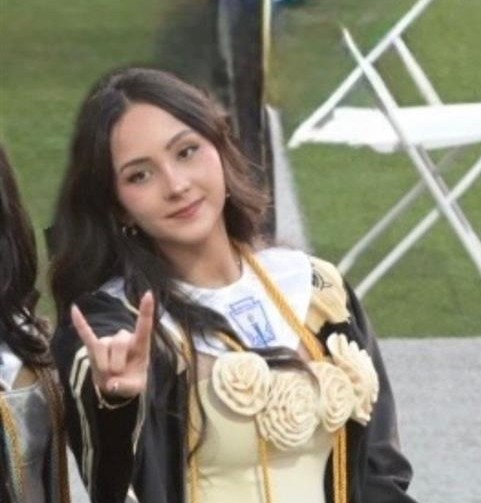Members
Lab Director
Sarah Little-Letsinger, MS, PhD

Dr. Little-Letsinger is an Assistant Professor and the Director of the Translational Osteoimmunology Lab at the University of Texas at Austin. She received a BS in Human Nutrition, Foods, and Exercise at Virginia Tech in 2015 and a MS (2017) and PhD (2020) in Exercise Physiology from Texas A&M University. Her doctoral research focused on inflammatory bone loss caused by space radiation and diet-induced obesity. She completed her first postdoctoral fellowship at the University of North Carolina at Chapel Hill School of Medicine in Endocrinology and Metabolism (2020-2021). Her research at UNC focused on mechanisms linking bone marrow adiposity (including cell fate decisions in mesenchymal stem cells) with bone mass and strength. In this work, she became very interested in the bone marrow microenvironment, particularly in how the immune system regulates bone. Around this time, she learned that modern humans demonstrate skeletal gracilization (thinning of bones) relative to our ancestors. Temporal associations between a substantial rise in infectious disease burden (Neolithic transition) and skeletal gracilization deeply sparked her interest. She then completed a second postdoctoral fellowship at Duke University in Evolutionary Anthropology (2021-2025) to gain a new understanding of bone structure and strength in humans and to gain new perspectives in evolutionary theory and environmental physiology.
In her free time, Dr. Little loves to be physically active outdoors – whether it’s hiking, walking her two dogs, playing soccer, snowboarding, or just running around with her son and husband. She is also an avid reader, especially on philosophy. Some of her favorite authors include Dostoevsky, Hesse, Camus, Kundera, and Pirsig.
Current Graduate Students
Katarina Kozakova, BS

Kat is a master’s student in the Exercise Physiology program in the Department of Kinesiology and Health Education at the University of Texas at Austin. She graduated with a Bachelor of Science in Kinesiology and Health with honors, along with a minor in Exercise Science, from Iowa State University. As an undergraduate, she worked in the Clinical Vascular Research Lab at ISU, studying the effects of aging and exercise on cardiovascular and cerebrovascular function. Her current research interests include the role of (sex) hormones and menopause in bone health. Her future career goals include pursuing a PhD and continuing to study women’s health. In her free time, Kat enjoys a variety of outdoor activities, travelling, weightlifting, and spending time with her dog.
Gabriel Kozak, BS

Gabe is a master’s student in Exercise Physiology in the Department of Kinesiology and Health Education at the University of Texas at Austin. He earned his Bachelor of Arts & Science in Exercise Science from John Carroll University, where he worked in both the Exercise Science Research Lab and the Biomechanics Lab, studying metabolite accumulation during aerobic exercise. His current research focuses on the effects of radiation on bone health, with future aspirations to expand this work to radiation and microgravity, aiming to deepen our understanding of human physiology during spaceflight. Outside the lab, Gabe enjoys competing in Tough Mudders, weightlifting, road trips, and cooking.
Current Undergraduate Students
Elina Satlik

Elina is a student at UT Austin pursuing a Bachelor of Science in Kinesiology on the pre-health track. She previously conducted research at the University of Houston’s Departments of Biochemistry and Optometry, where she gained experience in tissue preparation, sectioning, and immunostaining. Her work involved analyzing lung cancer in ferrets and studying electrical synapses in the optic nerve, which strengthened her interests in molecular biology and human physiology. Outside the lab, Elina enjoys playing tennis, kayaking, and hiking.
Claire LeBlanc

Claire is an undergraduate student at UT Austin, pursuing majors in Biology and Nutrition, and a minor in Kinesiology. As a researcher, she is interested in exploring how various body systems contribute to the development of chronic disease. Claire is passionate about understanding human health from a holistic perspective and advocating for preventative care. On campus, she leads a club called “Run for St. Jude,” and is involved in various other organizations such as Student Government and Ignite.
